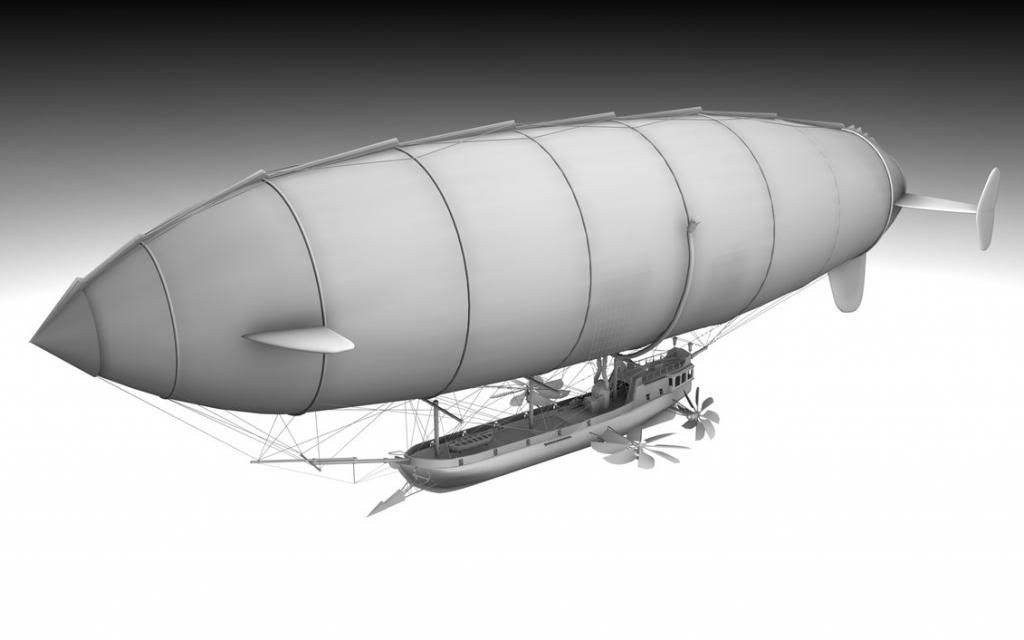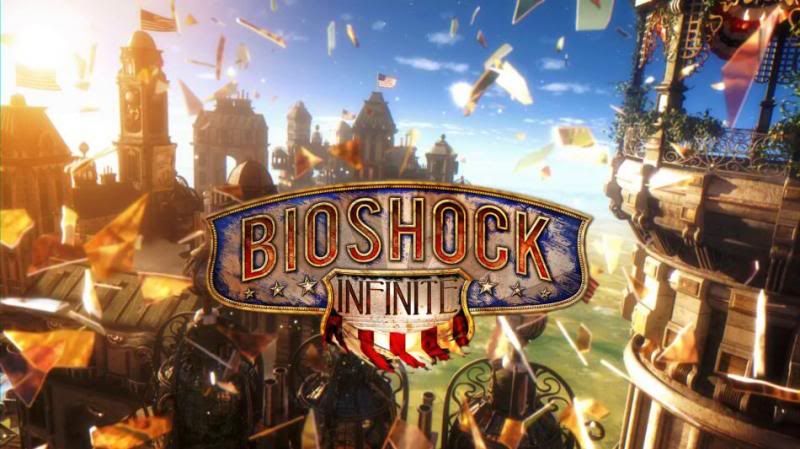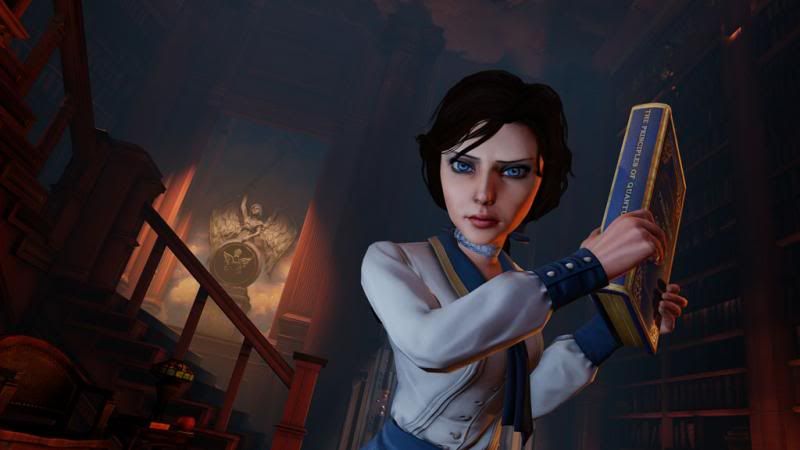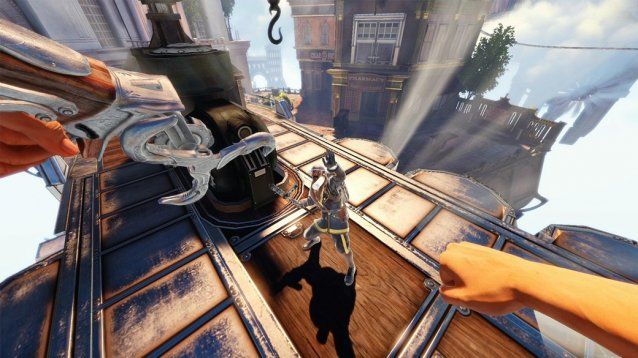I’m a big fan of the Iron Kingdoms universe. This steampunk fantasy setting has an interesting marriage of magic to technology, several unique-feeling yet familiar nation-states, and semi-sentient steam-powered robot warriors acting as battlefield avatars for wizards who know how to handle themselves in melee combat. Until recently, the two roads into the setting were the two miniature wargames (Warmachine and Hordes) which featured finely detailed minis sure to drain your bank account faster than you can say “I need another warcaster to round out my army”, and the surprisingly difficult to find role-playing game. Privateer Press is opening more doors into their world, however, with the stand-alone deck-building game High Command, which I was fortunate enough to play at PAX.
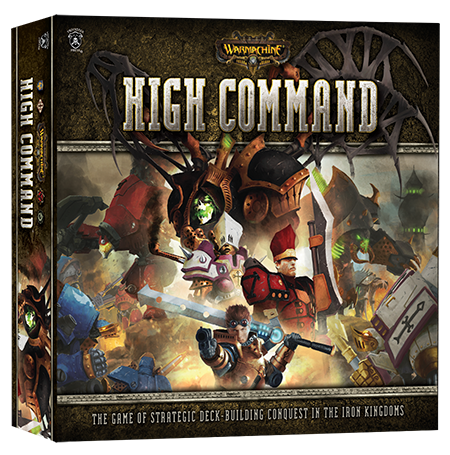
In High Command, up to four players assume command of one of the factions within the Iron Kingdoms. The game does come in Warmachine and Horde flavors, giving players plenty of choices. The goal of the game is to acquire the most victory points by occupying territories and commanding the most powerful weapons available. Acquiring troops and getting them into the field is accomplished via drawing cards from the player’s individual army deck and spending them to acquire one of the resources available to that player. These resources then become part of the deck to be drawn later. Once in the field, troops, warmachines, warbeasts and spell-casters fight over the territories available in the center of the table. There are events that happen every turn that can tip the balance of the game one way or another, and one of those events ends the game. Whoever has the most points when that event occurs wins.
Each player begins the game with two decks of their own: a Resource Deck containing cards to acquire, and an Army Deck containing some basic means to acquire said Resources. The system feels a lot like Ascension but on an individual level. Instead of vying with the other players for unique heroes or weaponry from a common pool, a player’s turn consists of deciding how best to spend the cards drawn from the Army Deck to prepare for future engagements. There’s an element of random chance in both drawing from the Army Deck and setting up the Resources to be chosen from, which is mitigated by the ability to bank unused Army cards between turns and the removal of cards from the Army Deck each time it’s shuffled. The system is easy to understand for new players and seems flexible enough to provide interesting strategic permutations.
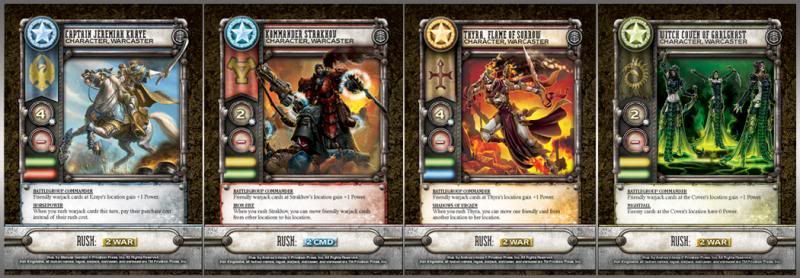
It’s nice to have big guns that are always available.
While Dominion only allows player interaction with certain cards available to all, and Ascension eschews direct player confrontation altogether, High Command is all about player-versus-player contention. Army cards deployed or rushed into the center of the table are bound to be opposed by Army cards employed by the other players. Each Army card has a strength rating and a health rating. Combat is a somewhat watered down version of Magic: the Gathering in that strength is directly compared to health to determine victory. Event cards and resources used from a player’s hand can tip the scales, a Warcaster or Warlock can appear in the field to give a one-time bonus to the encounter, and multiple troops can pool their strength to overcome larger foes. Much like the system of the two player decks, the combat system is streamlined and simplistic enough to appeal to new players.
My qualms about High Command are similar to the ones I have about Lords of Waterdeep, the Forgotten Realms worker-placement game. Veterans of deck-building games with more complexity and options may be turned off by the simplicity of the gameplay, and while the game can be good for getting an Iron Kingdoms fix, those with a keen interest in the universe may be more interested in either the pen-and-paper game or the wargames. My big bone of contention with the game is that it’s one of those experiences that can lead to a player focusing almost entirely on their own engine, rather than directly interacting. The pace of the game, especially in the first couple turns, feels somewhat sluggish. Players are dealing with their decks and resources and units, and it can be easy to focus on that rather than pay attention to what an opponent is doing, since your opponents are, in essence, doing the exact same thing you are. While I don’t think this is a huge problem for the game, it does bear mentioning especially if you’re introducing new players to deck-building in general or the Iron Kingdoms as a setting.
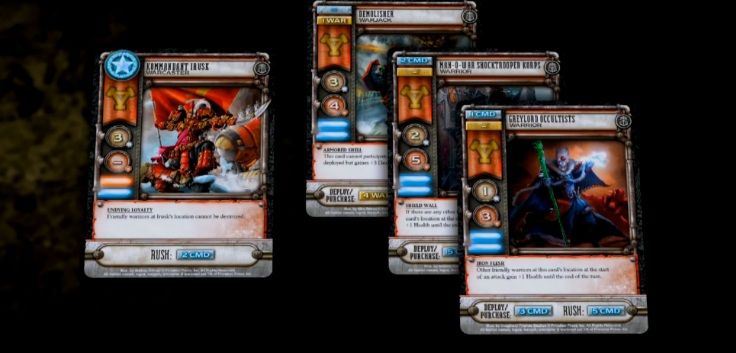
The art is high quality and the cards are easy to read.
In the end, I would lean more towards recommending High Command than not. I do feel that the direct confrontation and combat in the game make it fun and involving, and crafting your deck to execute your master plan can be intriguing. It definitely has appeal for fans of the Iron Kingdoms who are unwilling to make the monetary investment in miniatures. Everything you need for up to four players is right there in the starting box. Hardcore deck-building fans may be content with their Dominion set, but if you’re looking to check out the genre and like a bit of face-smashing to go with the card dealing and shuffling, I’d check out High Command.

